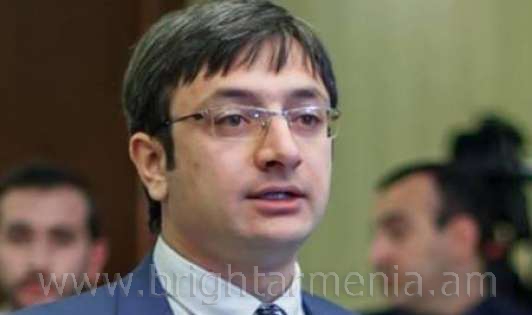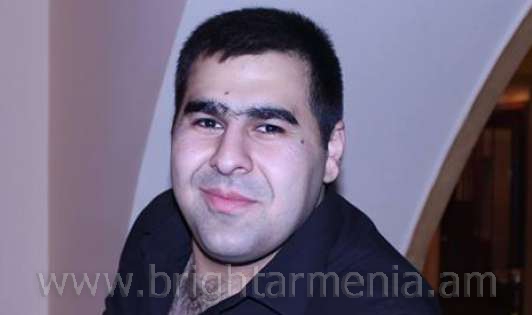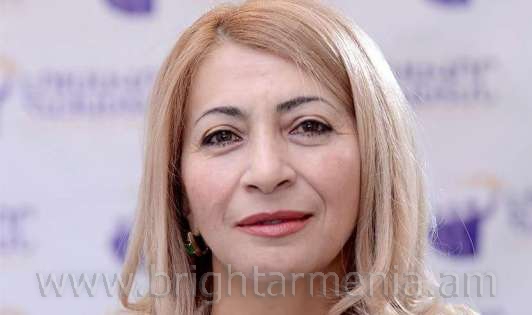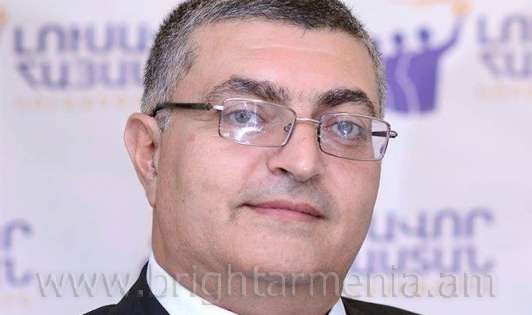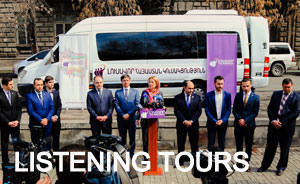Elector vs. Voter
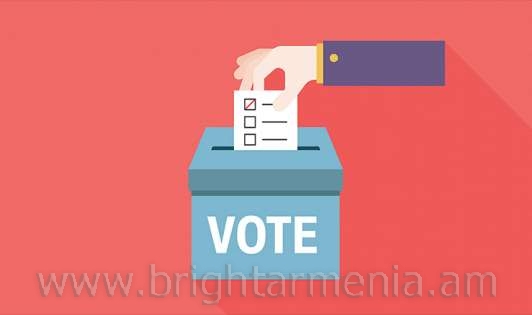 One of the main factors for the construction of a democratic state is the elector who, by their free will, elect those representatives who will implement state governance meant towards the provision of common good. The elector takes responsibility for his/her choice. And the elected takes the responsibility before his/her elector. If the elected fails to achieve the obligations he/she has taken the responsibility for, accordingly the electors have the full right to demand and implement the latter’s resignation from the office. Mutual responsibility between the elector and the elected results in the formation of healthy state governance.
One of the main factors for the construction of a democratic state is the elector who, by their free will, elect those representatives who will implement state governance meant towards the provision of common good. The elector takes responsibility for his/her choice. And the elected takes the responsibility before his/her elector. If the elected fails to achieve the obligations he/she has taken the responsibility for, accordingly the electors have the full right to demand and implement the latter’s resignation from the office. Mutual responsibility between the elector and the elected results in the formation of healthy state governance.One of the main drawbacks of the Armenian political system is that the institute of elector is not properly formed yet and the elector has been mainly associated with the voter. Voting is a one-time action, which may be carried out under the influence of various factors, such as bribes, friends, relatives, in-laws, pre-electoral manipulations and etc. Hence, the voter does not obtain further responsibility for his/her “election”. On the other hand, the government does not take a responsibility against the voter. This mutual irresponsibility between the “Voters” and the “Voted” results in the formation of an irresponsible government with all its dangerous consequences.
Most of the acting political powers in Armenia, consciously or not, have not formed electoral institutions, therefore they have also failed to form their own stable electorate for whom they would take responsibility and who, if needed, would remove them from the office. Instead of this there is a voter who will bring the party to the power but the latter will not take any responsibility for the voter. This is why the governments in Armenia have never been enough responsible towards their electors and the oppositions have never achieved a replacement of the government since they never had a stable electorate.
The absence of a stable electorate has deprived the opposition from having a social support, which had to become their backing in the process of power shift. Thus, the absence of the institute of elector resulted in the political irresponsibility of the government and deprived the opposition of social support. Alas, the political powers have made this choice on their own since controlling the voters is an easier path than shaping the needed electors..
Our goal is to form an electoral institute in Armenia and substitute the voter with the elector.. By shaping our elector we will take political responsibility against the latter, will form a stable electorate and obtain a strong social backing, which will become our main trump card in election and post-election processes. It is better to have 100 people who will elect us and fight with us for protecting their votes than to 1,000 who will forget about us and their votes just after the elections are over.



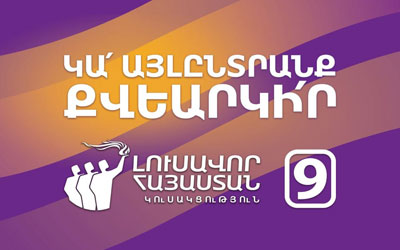
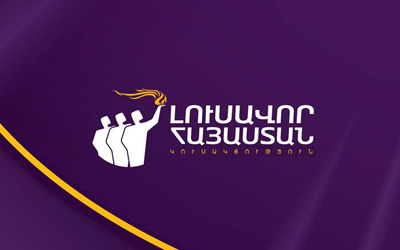

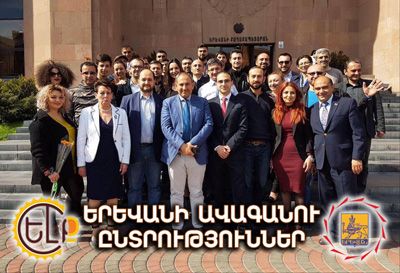
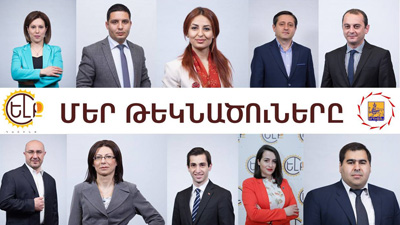
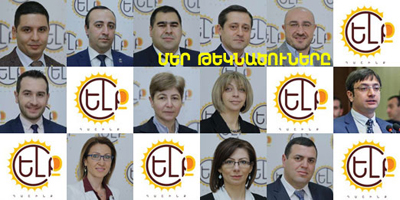
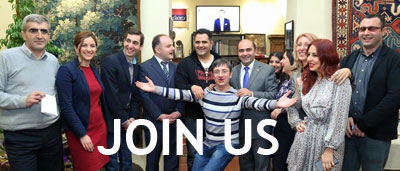
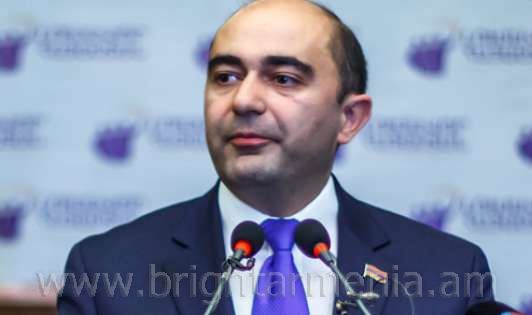

 krist.jpg)
